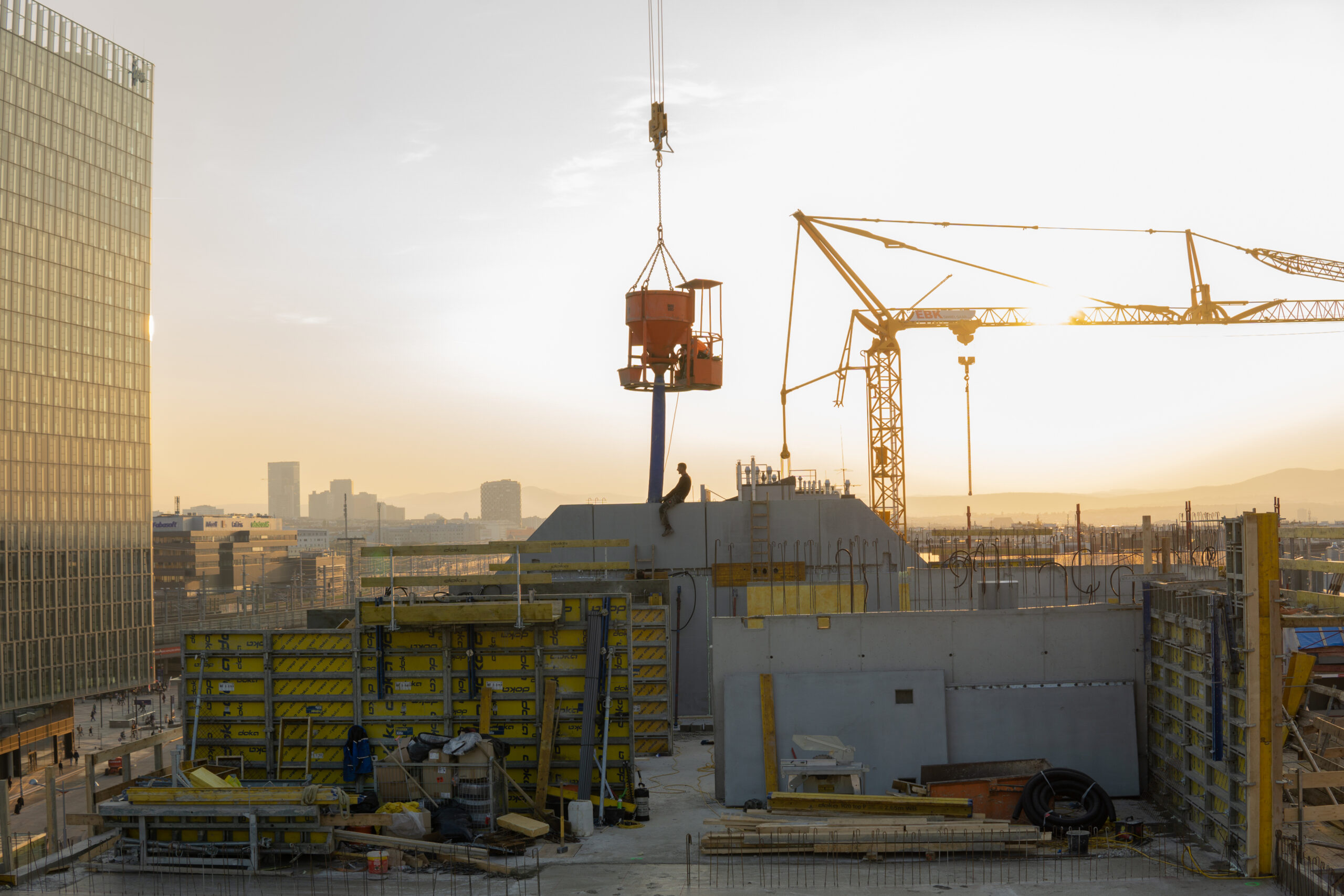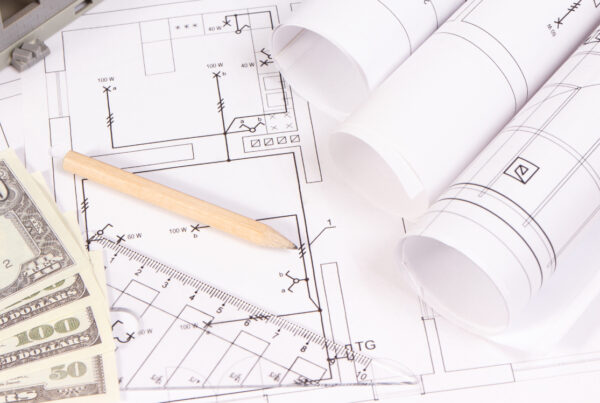
Foundations are the essential bedrock of any construction project, providing stability and support for structures of all sizes. Selecting the right type of foundation is crucial to ensure the longevity and safety of a building.
In our blog article, our experts at RD Fast Construction will explore the top eight types of foundations commonly used in construction, detailing their characteristics, ideal applications, and benefits. The most common types of foundations in construction include:
- Strip
- Raft
- Pile
- Pier
- Basement
- Crawl Space
- Slab-on-Grade
- T-Shaped
1. Strip Foundations
Strip foundations, also known as strip footings, consist of a continuous strip of concrete that supports load-bearing walls. This type of foundation is typically used for buildings with shallow foundations and involves placing a continuous strip of concrete under all load-bearing walls.
Strip foundations are ideal for residential buildings and light commercial structures with relatively low loads. They work best on stable soil with good bearing capacity.
2. Raft Foundations
Raft foundations, also known as mat foundations, involve a large, continuous slab of concrete that covers the entire building footprint. This type of foundation distributes the building load over a wide area.
Raft foundations are used in buildings where the soil has low bearing capacity and where differential settlement might be a concern. They are suitable for large structures with heavy loads.
3. Pile Foundations
Pile foundations use long, slender columns, known as piles, which are driven deep into the ground to transfer the building load to more stable soil or rock layers beneath the surface. Pile foundations are necessary for high-rise buildings, structures on weak or compressible soils, and sites with significant groundwater issues.
4. Pier Foundations
Pier foundations consist of vertical columns, typically made of concrete or masonry, that support the structure above. They elevate the building, creating space between the ground and the structure.
Pier foundations are ideal for buildings on uneven or sloped terrain and in areas prone to flooding. They are commonly used for lightweight structures like cottages and small houses.
5. Basement Foundations
Basement foundations extend below ground level, providing additional space for storage, living areas, or mechanical rooms. They are constructed using concrete or masonry walls and can be combined with other foundation types.
Basement foundations are used in residential buildings where additional space is needed. They are suitable for areas with stable soil and where the
6. Crawl Space Foundations
Crawl space foundations elevate the building slightly above ground level, creating an accessible space between the ground and the structure. This type of foundation uses perimeter walls and is often ventilated to improve air circulation.
Crawl space foundations are common in areas with moderate climates. They are ideal for buildings that require access to plumbing, electrical systems, and other utilities.
7. Slab-on-Grade Foundations
Slab-on-grade foundations consist of a single, thick layer of concrete poured directly on the ground. The edges of the slab are thicker to form an integral footing, providing additional support.
Slab-on-grade foundations are ideal for areas with stable soil and warm climates where ground freezing is not an issue. They are commonly used in residential and light commercial buildings.
8. T-Shaped Foundations
T-shaped foundations are a traditional method used in areas with freezing temperatures. The foundation consists of a wide base that extends below the frost line to prevent frost heave, with a narrower vertical section that supports the walls.
T-shaped foundations are best used in cold climates where frost heave is a concern. They provide strong support for buildings in these conditions.
Getting Started with the Right Foundation for Your Project
Choosing the right type of foundation is critical for the success and durability of any construction project. Factors such as soil conditions, load requirements, and climate play a significant role in determining the most suitable foundation type.
To ensure your project has a strong foundation, partner with a reputable construction company in Los Angeles. At RD Fast Construction, we specialize in both residential new construction and commercial pre-construction and general construction, ensuring that every phase of your project is handled with expertise and precision. Our substantial experience can help you navigate the complexities of regulations, design, and building, delivering a high-quality facility on time and within budget.
For further information or to schedule an appointment pleases contact RD Fast Construction at (213) 842-1229 or visit www.RDFastConstruction.com to learn more



